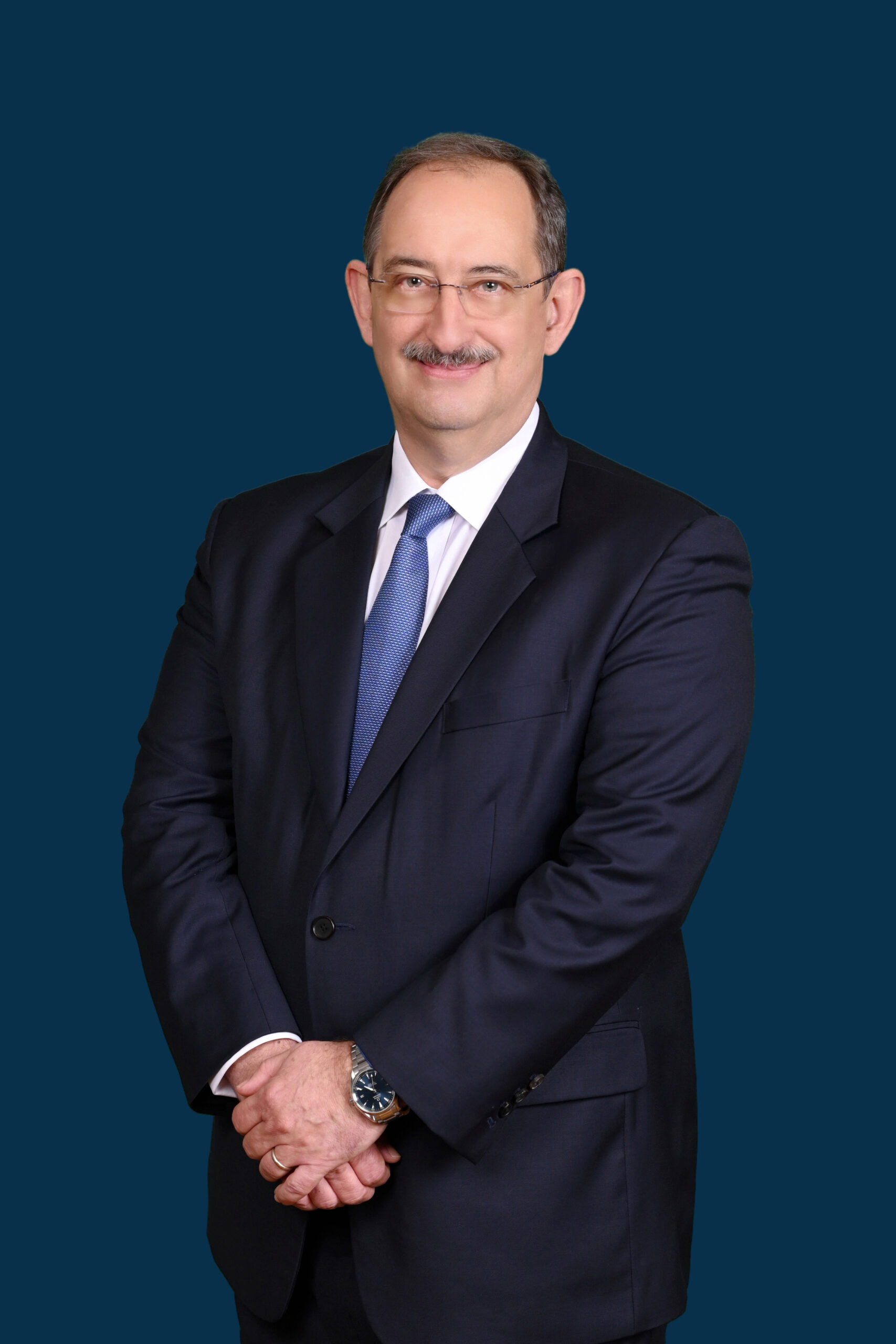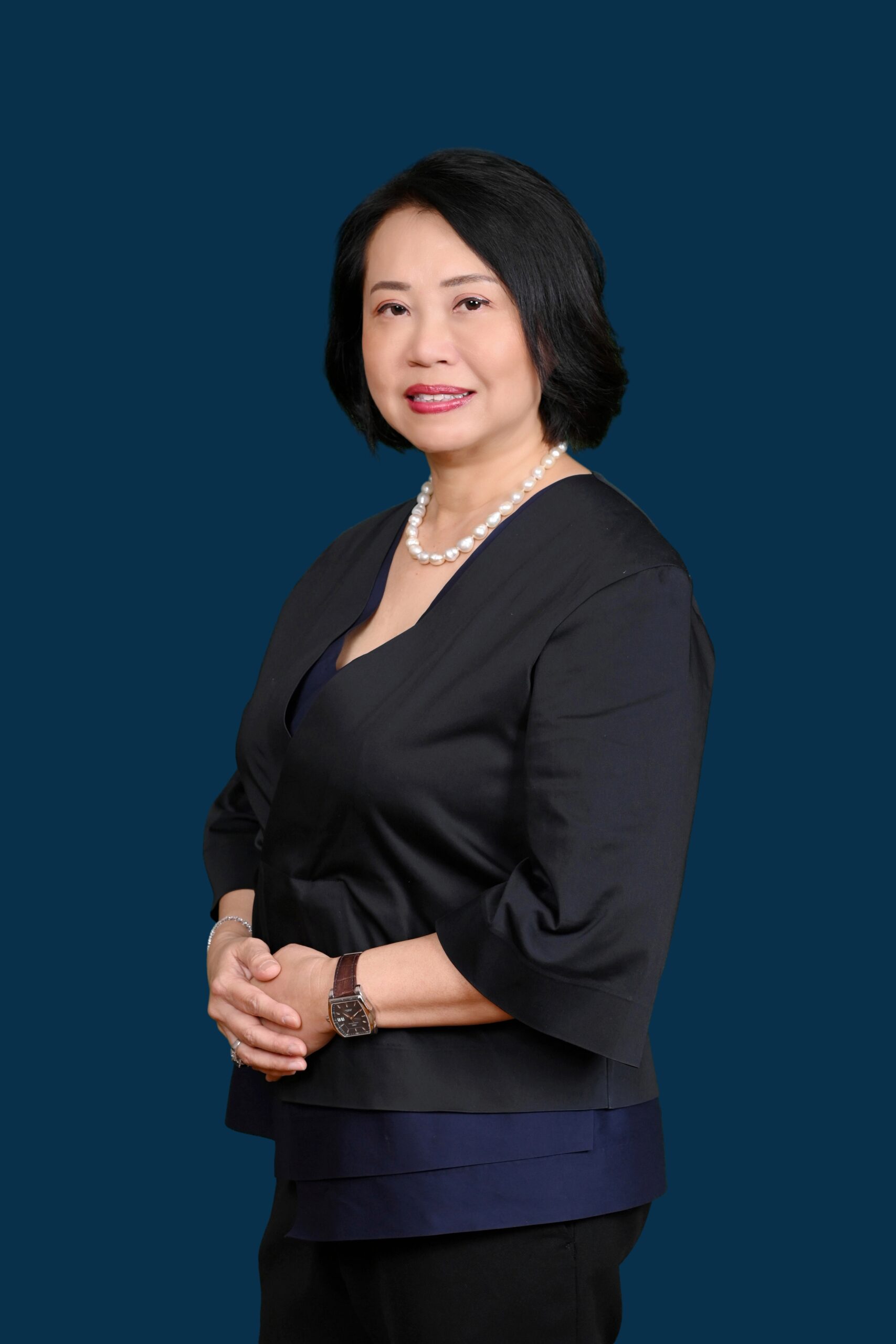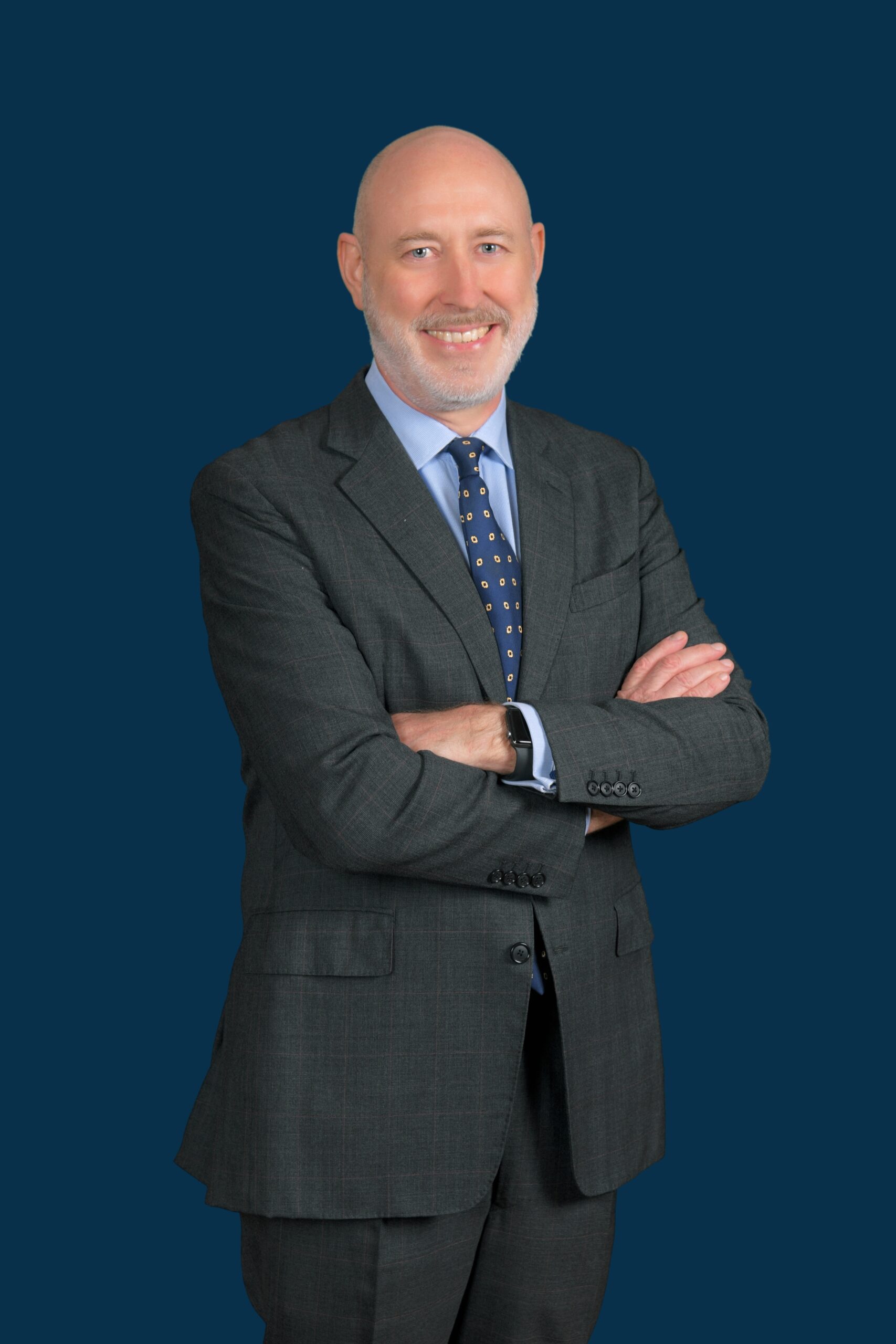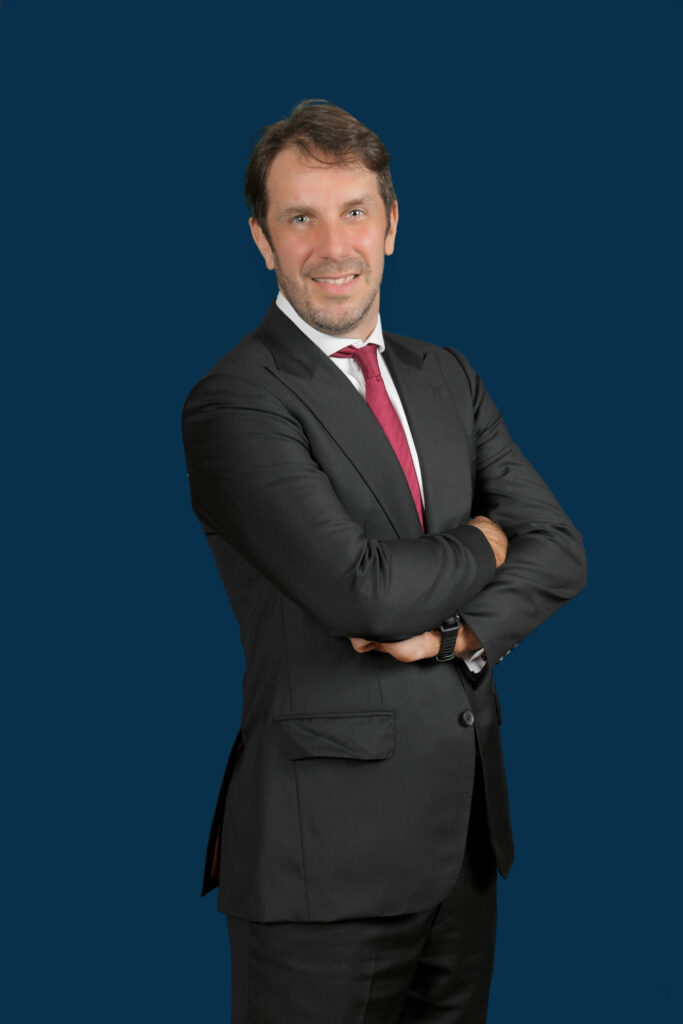Maritime employers and those working with students and jobseekers in the schools and career centres under Workforce Singapore (WSG) and the Employment and Employability Institute (e2i) had a rare chance to meet and discuss maritime employment issues. This was a half-day event which revealed insights on maritime manpower and was attended by over a hundred human resource leaders, industry experts, university career centre officers and government agencies.
Given that global trade set to be centred around Asia and that nearly all of world trade is still delivered by shipping, the need for maritime services and therefore a strong manpower core is vital for the industry. Companies have also been focusing their efforts on developing new knowledge areas such as information technology, data analytics and environmental sustainability in order to remain competitive. Employers have also given feedback that enhancing employees’ soft skills such as problem solving, cognitive and resource management skills would also help to drive optimal business performance.
While Head of Relationship Management & Public Sector at LinkedIn, Ms. Elsie Ng, addressed hiring and employment trends, the demand and supply side of maritime employment and the movement of talent within the sector, industry experts and those working with students and jobseekers on the career guidance front also had a chance to network after the event to find out more about the perspective of jobseekers and hiring preferences from their counterparts.
Director of the Career and Attachment Office at Nanyang Technological University, Mr. Loh Pui Wah shared during the panel discussion on three things which students were increasingly concerned about in relation to employment, “First of all, students look out for jobs that give them good career development and career progression. Students also want to do something meaningful and something in which they can apply their training to. Lastly, they also seek work-life balance.”
Top management leaders also exchanged insightful dialogue on the relevance of internships, employer considerations when hiring candidates and the perception of maritime roles while MPA took the opportunity to elaborate on various funding platforms for manpower development as an encouragement for the industry to train local talents.
“From students and mid-career entrants to maritime management, regardless of whether you have a background in maritime studies, we hope to broaden the pathways to a rewarding career in the maritime industry. By bridging the information gaps between education and career guidance counsellors and maritime employers, this forum hopes to distil information about the industry’s key learning points on maritime manpower as shared by our partners. In addition, SMF hopes to provide a platform where these two important groups of people have a chance to meet and discuss the opportunities within the maritime industry.” said Mr David Chin, Executive Director of the Singapore Maritime Foundation (SMF) who joined the maritime industry as a shipyard apprentice in 1962.
Forum participants also had a chance to preview the new Maritime Singapore Connect (MSC) website which will be fully launched in early 2017 and will provide Singaporeans with information on the maritime industry, including but not limited to maritime education, internship opportunities, scholarship programmes, training and career matters. Maritime employers who register for an account with the MSC website could also profile scholarship and management trainee programmes, publicise career opportunities, and browse the database for their internship and job openings. Site visitors can also expect a comprehensive guide to entering the industry though information of career pathways, direct application functions for student scholarships and related events. A consolidated calendar of maritime events will also be accessible for the first time.
By strengthening local maritime capacities and building a pipeline of quality manpower, the industry hopes to support graduates and jobseekers through internships, scholarships and job opportunities to ensure a competitive Maritime Singapore.
For the full profiles of the panel speakers, please refer to Annex A for more information.





